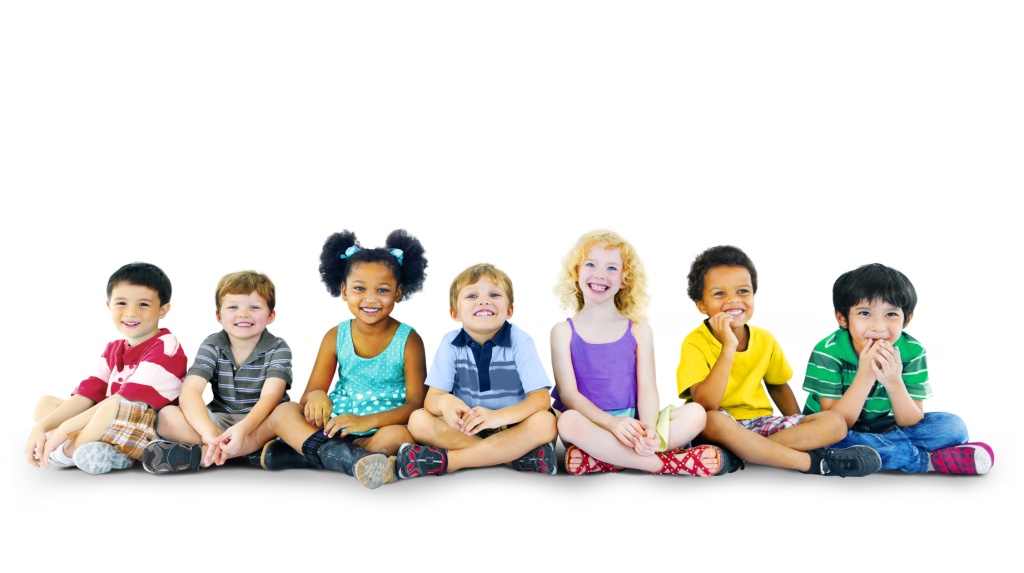The Effects of Divorce on Children
As a family law attorney I am involved on a daily basis in stories about divorce or care and contact issues between parents and children and many times I see how the loss of a parent has affected the lives of children. Although my approach is always clinical, I’m often saddened by these stories, but in awe as to how many of these adult children have risen above their loss to develop an emotionally healthy outlook on life.
It was with great interest that I watched psychotherapist, Gary Neuman, who appeared on one of Oprah’s shows. Gary interviewed two young children, a brother and sister; they were abandoned by their mother when she divorced her husband, their father. Both children were crying, and yet were remarkably articulate in their description of their thoughts and feelings regarding their mother’s abandonment of them due to divorce. While parents do divorce each other, they don’t divorce their children.
Children nonetheless are the ones who live out the divorce because their day-to-day routines, not to mention their emotional lives, are so deeply affected by it. And of course, the impact of being estranged or abandoned by a parent as a result of divorce can have far reaching and long lasting consequences on their lives. A number of experts on children of divorce question whether the abandonment or estrangement necessarily leads to lifelong behavioural and emotional scarring. What they do find is that one parent’s love, nurturing, and support, can go a long way to helping a child overcome many of the emotional and behavioural issues that otherwise could ensue.
It is a fact that divorce can affect the closeness of the parent versus child relationship for a number for reasons and can take a serious emotional toll on the child. Joan Kelly, one of the America’s foremost experts on children of divorce, defines an estranged relationship between a parent and child as a diminished, thinned out, and less meaningful bond. She says that 24% of children in the United States from divorced families are seeing a parent once a year, if at all and one may assume that this figure is even bigger in South Africa.
In his research, Robert Emery Director of the Centre for Children, Families, and the Law at the University of Virginia, found that non-residential fathers saw their children only 4 times per month following divorce, and about 20% of children had no contact at all with their fathers 2-3 years after divorce. Other research have concluded that, many students of divorced parents who had a limited relationship with their fathers while growing up stated that they would have liked more contact with their fathers during their adolescence, would have liked to have been closer, and wanted more time together. It is a fact that a parent’s rejection of a child or a parent’s inconsistent presence could drastically affect a child’s self esteem.
One good parent who is loving and nurturing can overcome the negative effects of losing the relationship with the other parent. While the emotional impact on a child resulting from the loss of a parent’s relationship could be significant, it doesn’t have to be disastrous.
The following advice should be considered:
- Family is not a just about biology. Find role models who will support and care about you. Be there for your kids.
- Be reliable, pay maintenance, show your love, and do what you say you are going to do.
- Provide help. Initiate the conversation about their loss of the relationship with their other parent.
- Lend an understanding ear. Don’t lecture, and don’t feel you have to have the perfect answer.
- Honesty. Find help for what to say to your children if you don’t know what to say. Children need to be heard.
- You can’t control what the other parent does; you can only control yourself.
- To help your children get through their pain, ensure that they feel heard and listened to –that gives them value.
You want your children to perceive themselves with their own goals and aspirations, independent of their status as the children of divorce.
Bertus Preller is a Divorce and Family Law Attorney in Cape Town and has more than 20 years experience in most sectors of the law and 13 years as a practicing attorney. He specializes in Family law and Divorce Law at Abrahams and Gross Attorneys Inc. in Cape Town. Bertus is also the Family Law expert on Health24.com and on the expert panel of Law24.com and is frequently quoted on Family Law issues in newspapers such as the Sunday Times and Business Times. His areas of expertise are Divorce Law, Family Law, Divorce Mediation, Parenting Plans, Parental Responsibilities and Rights, Custody (care and contact) of children, same sex marriages, unmarried fathers rights, domestic violence matters, international divorce law, digital rights, media law and criminal law.
A:1st Floor, 56 Shortmarket Street, Cape Town, 8000
O: +27 (0) 21 422 1323
F: 086 572 8373
E: bertus@divorceattorney.co.za; W: www.divorceattorney.co.za; Blog: www.divorceattorneys.wordpress.com; Twitter: www.twitter.com/edivorce; Facebook: www.facebook.com/divorceattorneys; Skype: divorceattorney



Leave a comment